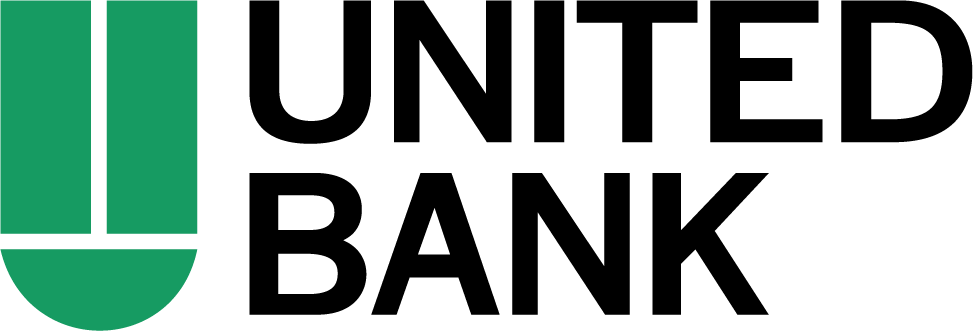Building your savings may feel impossible, especially when rising costs make your budget tighter, but there are simple steps you can take to make saving money effortless. Begin by setting up automatic transfers to your savings account so that a small portion is automatically set aside when you receive your paycheck. Remember, small amounts saved consistently add up.
However, small amounts that you spend can seem to snowball over time, too. “I’d recommend getting a notification every time a credit or debit card is used,” says Mackenzie. “Seeing every expense will make you more aware of how often you’re purchasing, and it also makes it easier to log it in a spreadsheet!”
Once you start tracking where your money goes, it becomes easier to spot patterns and free up cash to tackle bigger financial goals. One of the most impactful steps? Paying off high-interest debt, like credit card balances. Not only does this reduce how much you pay in interest, but by lowering your credit utilization ratio (how much of your available credit you’re using), you may improve your credit score, too.

